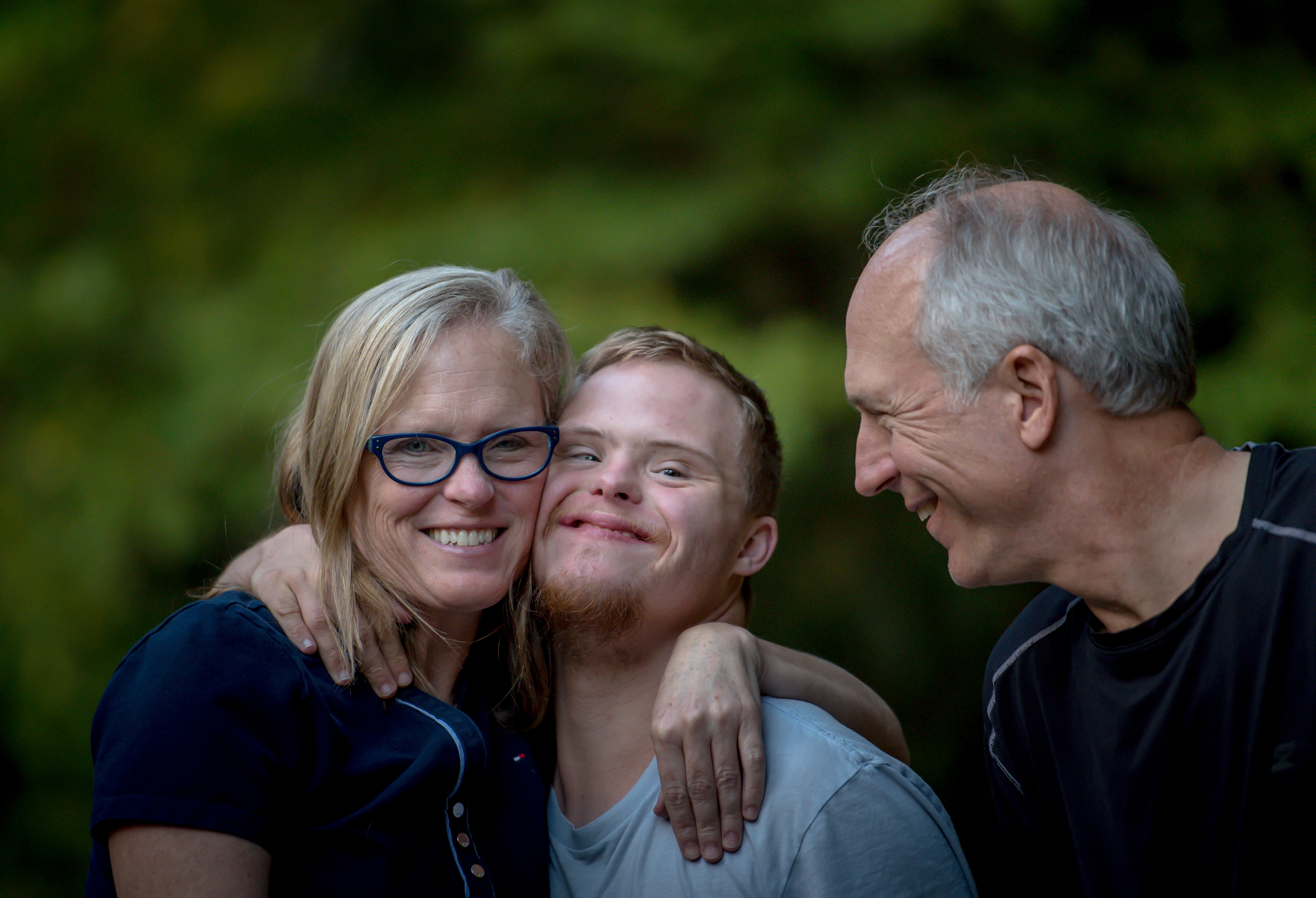Quality Assessment Project Dashboards
Adult In-Person Survey
Adult Family Survey
Child Family Survey
Family/Guardian Survey

How can this help you?
These surveys help give consumers and families information about how their Regional Center is doing
Standard measures are used across states to assess the outcomes of supports and services provided to individuals and families. Quality assessment indicators address key areas of concern including employment, rights, service planning, community inclusion, choice, and health and safety.
Why is this important?
The responses to these surveys help California identify essential changes necessary to improve the quality of the service delivery system at a statewide and local level.
Quality Assessment Indicators
Adult In-Person Survey
This is administered to individuals with an intellectual/developmental disability who receive at least one service other than case management.
HAS PAID JOB IN THE COMMUNITY
LIKES HOME OR WHERE S/HE LIVES
Adult Family Survey
This is administered to families who have an adult (18 years or older) with an intellectual/developmental disability who lives in the family home and receives at least one service other than case management.
FAMILY MEMBER TAKE PART IN ACTIVITIES IN THE COMMUNITY
SERVICES AND SUPPORTS HAVE MADE A POSITIVE DIFFERENCE IN FAMILY’S LIFE
Child Family Survey
This is administered to families who have a child with an intellectual or developmental disability who lives in the family’s home and receives at least one service other than case management.
HAS PAID JOB IN THE COMMUNITY
FAMILY SUPPORTS HAVE IMPROVED RESPONDENT’S ABILITY TO CARE FOR CHILD
Family/Guardian Survey
This is administered to families who have an adult (18 years or older) with an intellectual/developmental disability who does not live in the family home and receives at least one service other than case management.
FAMILY MEMBER HAS AN INDIVIDUAL PROGRAM PLAN (IPP)
LIKES HOME OR WHERE S/HE LIVES






